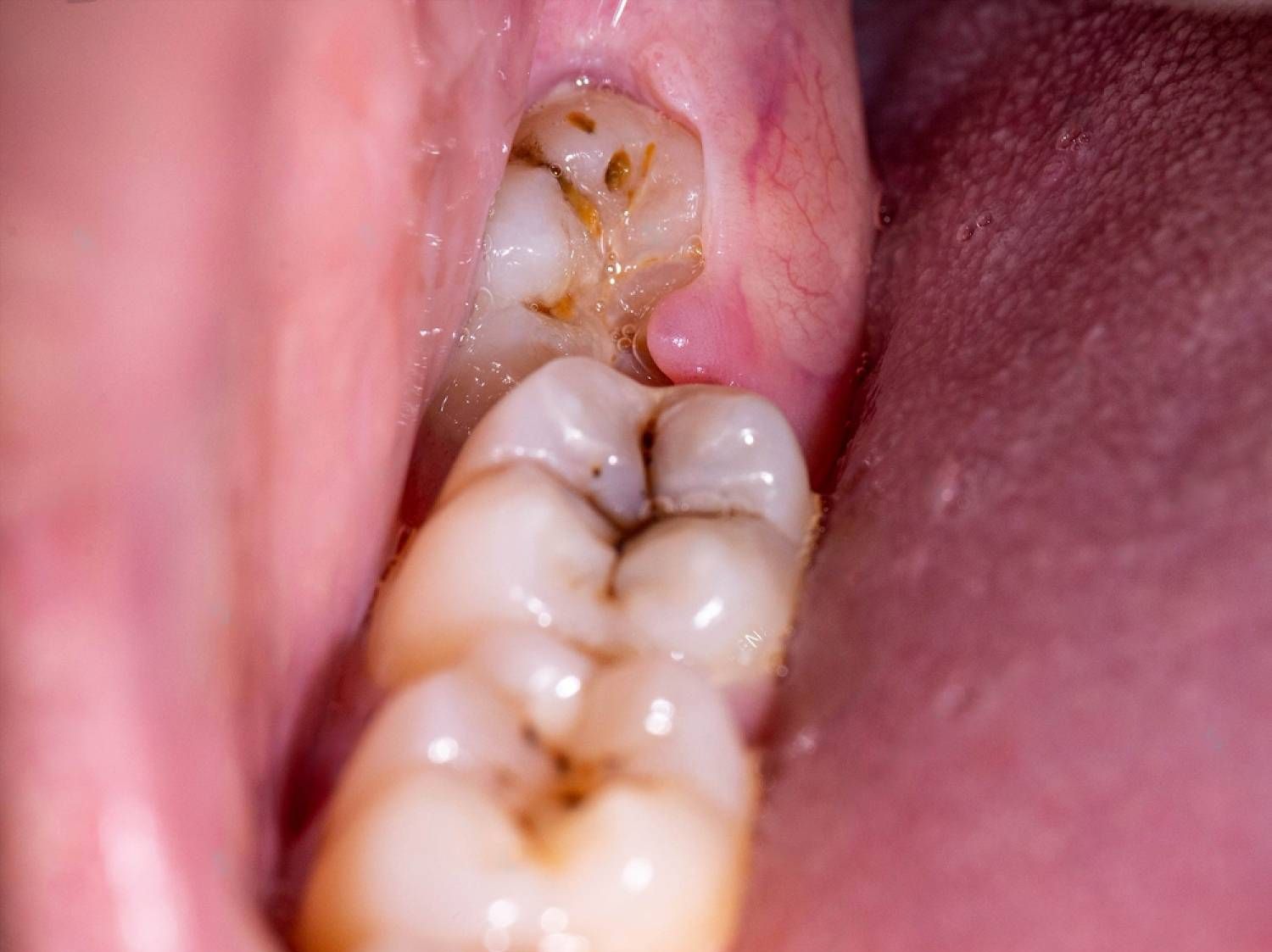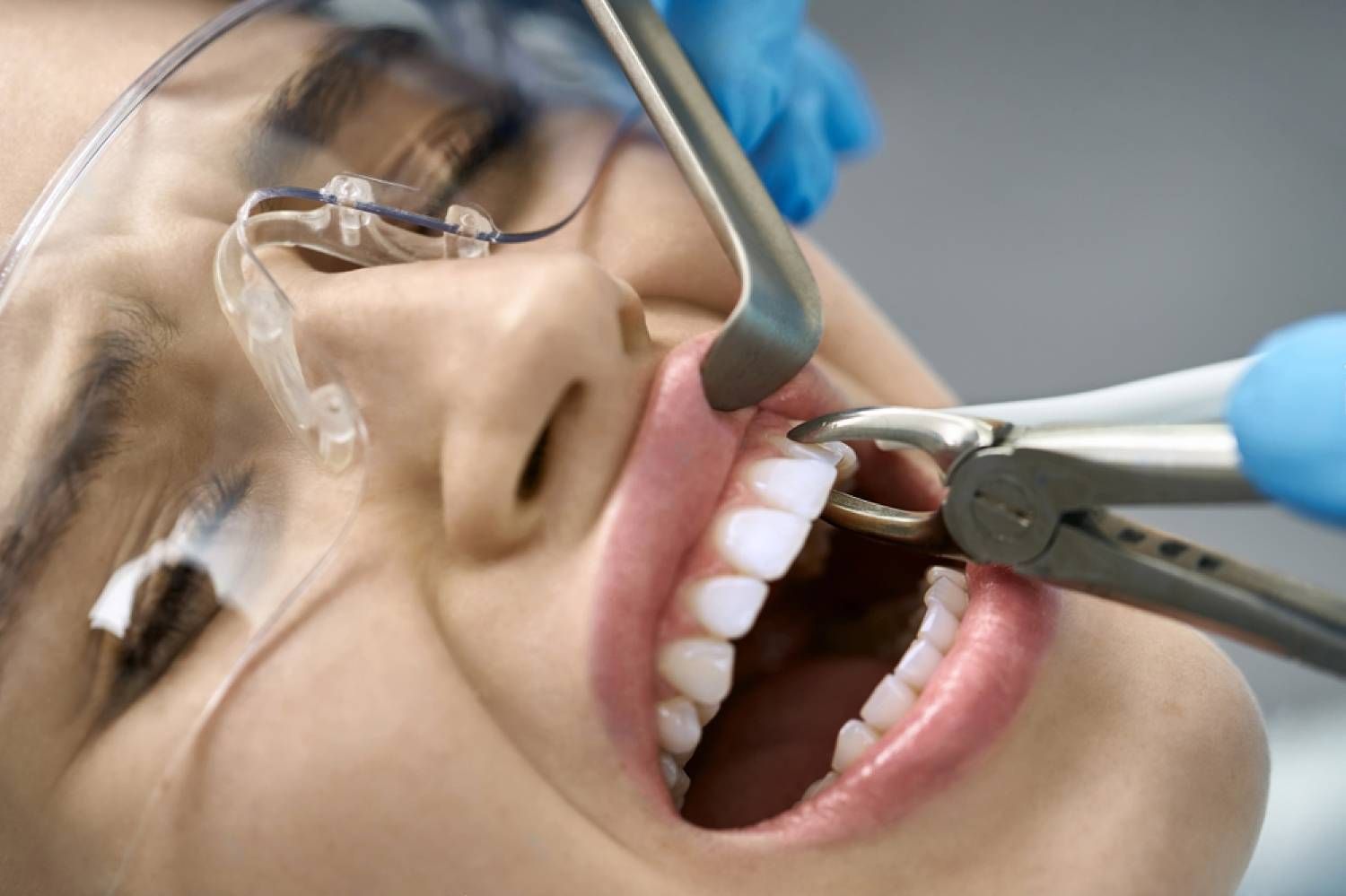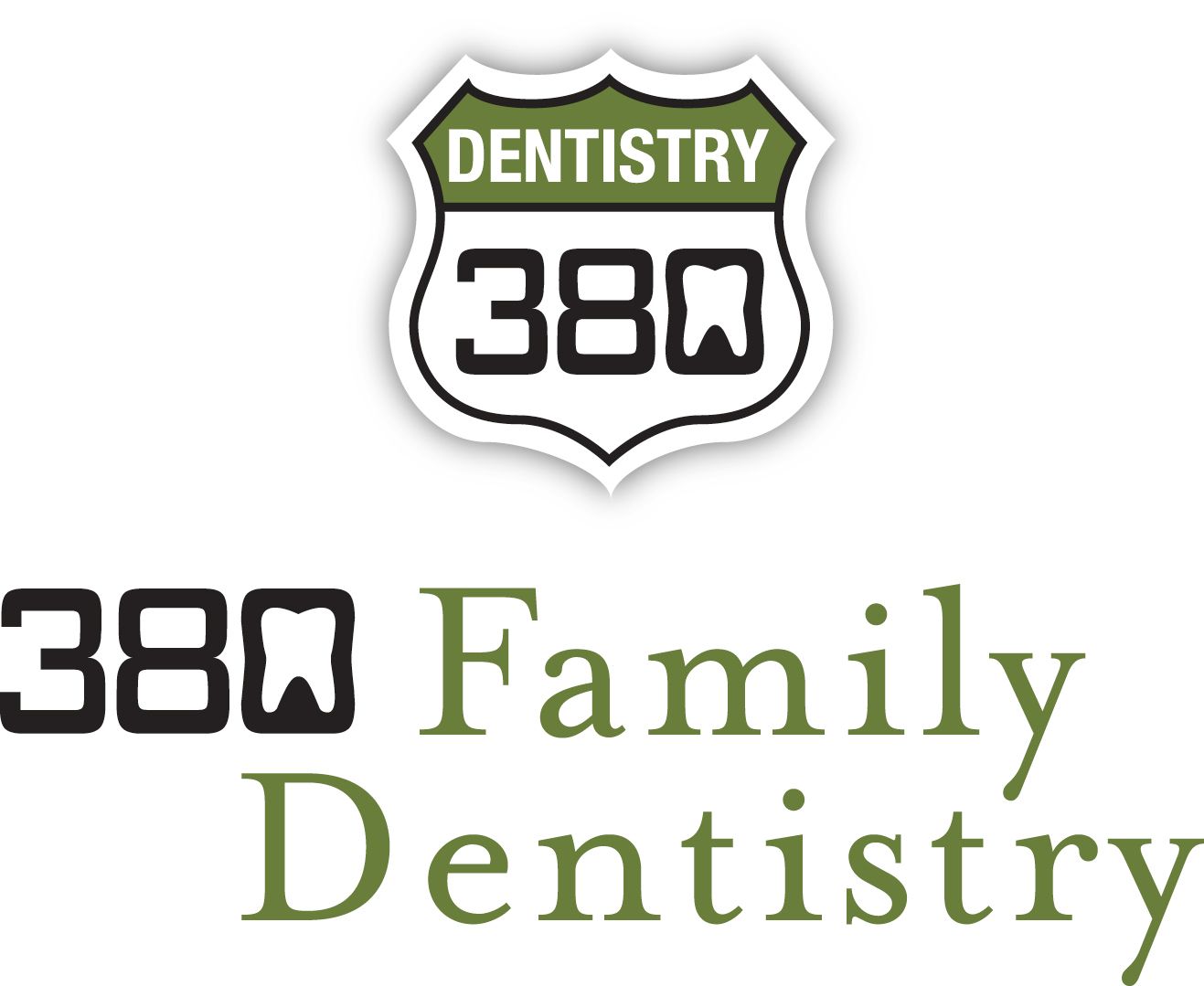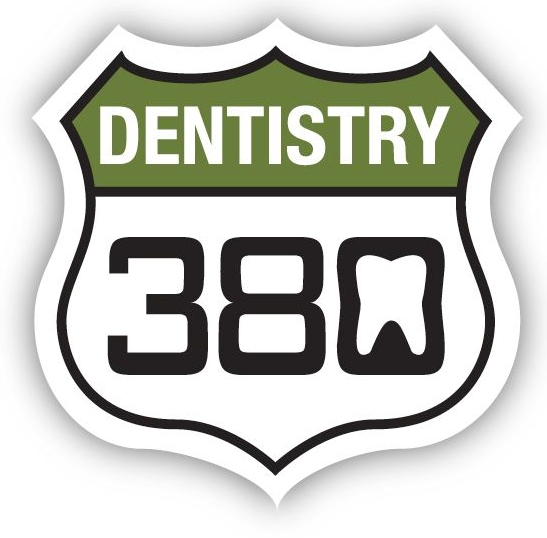What Are Tooth Extractions?
Extractions are done as a way to preserve your oral health and remove problematic teeth. In some cases, you may need to have teeth removed because of advanced gum disease. In other cases, you'll need an extraction because you have an impacted wisdom tooth. We always perform extractions in our office in a safe, comfortable and relaxed manner at your own convenience.
Why Are Tooth Extractions Needed?
Extractions are often performed when there is no other way to save a tooth. Some teeth are simply an issue to your oral health, so it's best to remove them before they're allowed to cause issues with shifting, infection and intra-oral damage. Some of the reasons you may want or need an extraction include:
- Impacted wisdom teeth
- Loose or severely decayed teeth
- Teeth that are cracked or broken below the gum line
- Stubborn baby teeth
- You're looking to avoid having additional treatment done


Who is a Candidate for Tooth Extractions?
With the help of an examination, we can determine if you might need an extraction. Most patients who need an extraction can and should have the procedure done. Leaving a problem tooth intact can cause issues down the road with infections and abscesses. We will take x-rays to help in further identifying the need for an extraction.
What Happens During a Tooth Extraction?
We first provide you with anesthetic or sedation of your choosing. We can discuss our sedation options with you during your consultation. Once you're comfortable, we will loosen and remove the tooth. We may place sutures if they are needed to close the gums. We have you bite down on gauze to stop the bleeding. If you've been sedated, we will bring you to a recovery room to fully wake up. You should be brought home by a friend or relative if general sedation has been used. We provide our patients with important aftercare instructions that must be followed.
If you think you might need a tooth extraction, call our office today and we will be happy to get you in for an appointment.

What is Wisdom Teeth Removal?
Wisdom teeth will typically begin to develop around the time a person reaches adulthood. Unfortunately, if there isn't enough room for the teeth to come in properly, they become impacted underneath the gums. Impacted wisdom teeth will often become painful, infected and cause damage to surrounding teeth. It is best to have these molars removed as soon as it's found that they're a problem.
Why Would Wisdom Teeth Removal Be Needed?
The main reason for needing wisdom tooth removal is because the third molars can become an issue if they're impacted and left in place. Over time, the wisdom teeth can become severely infected, decayed and even push up against other teeth. This could cause damage to surrounding teeth as well as overcrowding. It is never too soon or too late to have these teeth removed fully.
Who is a Good Candidate for Wisdom Teeth Removal?
The best way for us to determine if wisdom tooth removal is necessary is with a dental x-ray. The x-ray allows us to see if any teeth are impacted and if so, the best way to go about removing them. If you need your wisdom teeth to be removed, it is best to have the procedure done sooner rather than later. We will help to create a treatment plan according to the extractions you'll need.
What Happens During Wisdom Teeth Removal?
The surgery begins with a consultation and examination. We take x-rays of your teeth and mouth to determine if wisdom tooth removal is necessary. We will then schedule you to come in for the procedure. We will administer sedative of your choice and then make an incision through the gums. We remove the underlying wisdom tooth and suture the gums closed. The process is repeated for any other wisdom teeth within the mouth that have to be removed. You can expect some pain and swelling for the first few days following oral surgery.
If you think you might need to have your wisdom teeth removed, call our office today and we will be happy to further assist you.

